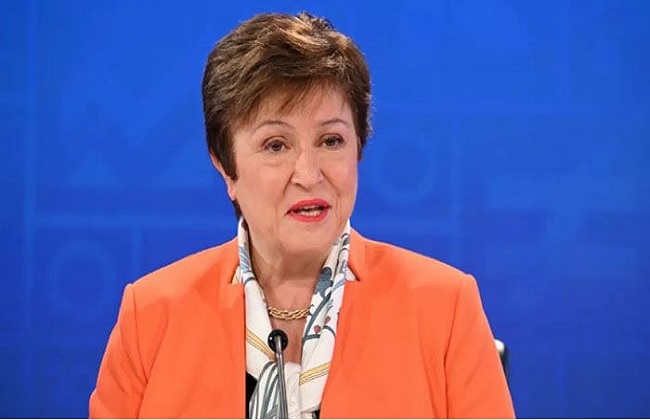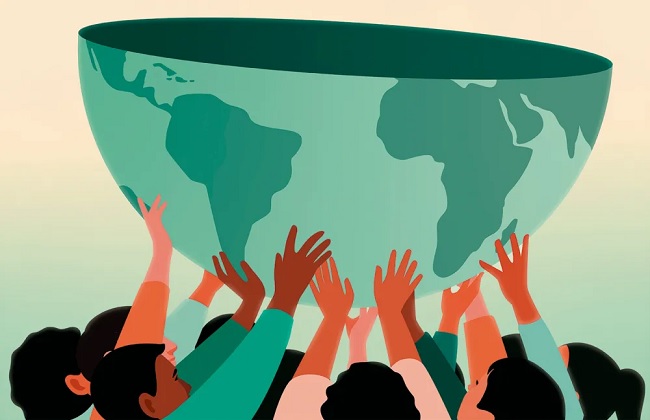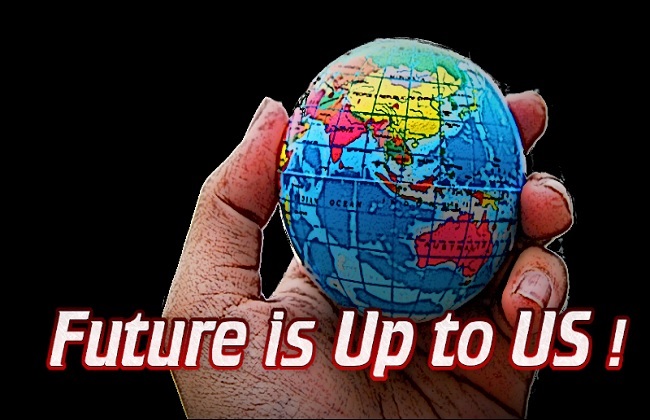The IMF no. 2 recommends non-alignment as the best option for developing countries in the second Cold War as geopolitics threatens already dismal prospects for the world economy and wellbeing. IMF warning Ominously, International Monetary Fund (IMF) First Deputy Managing Director Gita Gopinath warns, “With the weakest world growth prospects in decades
Author: Jomo Kwame Sundaram, IPS
Building popular national economic alternatives
Viable, popular national economic alternatives require conditions to help build and sustain them. An independent, accountable government can ensure supportive institutions, including laws. National economies For the Global South, globalization has often meant renewed foreign domination. While dating back to the age of empire, foreign domination is less evident in post-colonial times,
Hapless New Year for Global South
As dire economic predictions for 2023 did not materialise, pundits began 2024 far more optimistically. But policy ghosts from the last half-century will likely undermine such wishful thinking. Optimistic forecasts As New Year celebrations of different cultures decline with the coming of spring in the northern hemisphere, it is useful to review
Imperialism, globalisation and its discontents
Imperialism continues to dominate the world. Globalisation is losing to some of its anti-theses, but imperialism still rules, increasingly by law, albeit in changing even contradictory ways. Hence, we live in challenging times. It is often difficult to see the main challenges we face as there seem to be so many.
Neocolonial ISDS abused, biased, costly, and grossly unfair
Investor-State Dispute Settlement (ISDS) provisions in international trade and investment agreements – long abused by opportunists with means – are slowly being rejected by cautious governments. Developing country governments need to be much more wary of ISDS and its implications, and should urgently withdraw from existing commitments. They should expunge ISDS
PPPs’ private gain at public expense
At high cost and with dubious efficiency, public-private partnerships (PPPs) have increased private profits at the public expense. PPPs have proved costly in financing public projects. PPPs’ high costs Eurodad has shown high PPP costs mainly due to private partners’ high-profit expectations. Complex PPP contracts typically involve high transaction costs. Worse, contracts
World Bank enables private capture of profits, public resources
The World Bank insists commercial finance is necessary for achieving economic recovery and the Sustainable Development Goals (SDGs), but does little to ensure profit-hungry commercial finance serves the public interest. By failing to address pressing challenges within their purview, the second-ever Bretton Woods institutions’ (BWIs) annual meetings on the African continent,
Rich nations, IMF deepen world stagnation
With the US Fed raising interest rates, the world economy is slowing as debt distress spreads across the global South, increasing poverty worldwide to pre-pandemic levels, with the poorest countries faring worst. Extreme poverty continues to be high and is now worse than before the pandemic in low-income countries (LICs) and
Middle-income country trap?
In recent decades, failure to sustain economic progress has been blamed on a supposed middle-income country (MIC) trap. Such blaming obscures as much as it supposedly explains. The ‘middle-income trap’ fable began as a World Bank story about why upper MICs in Latin America failed to become high-income countries (HICs) after
Even rich nations now worried about ISDS
Governments the world over are worried about investor-state dispute settlement (ISDS) rules. These allow foreign investors to sue them for billions over new laws or policies reducing their profits. Typically favouring powerful transnational corporations (TNCs), ISDS blocks policy changes needed to address new challenges. Companies have successfully sued governments for policy




